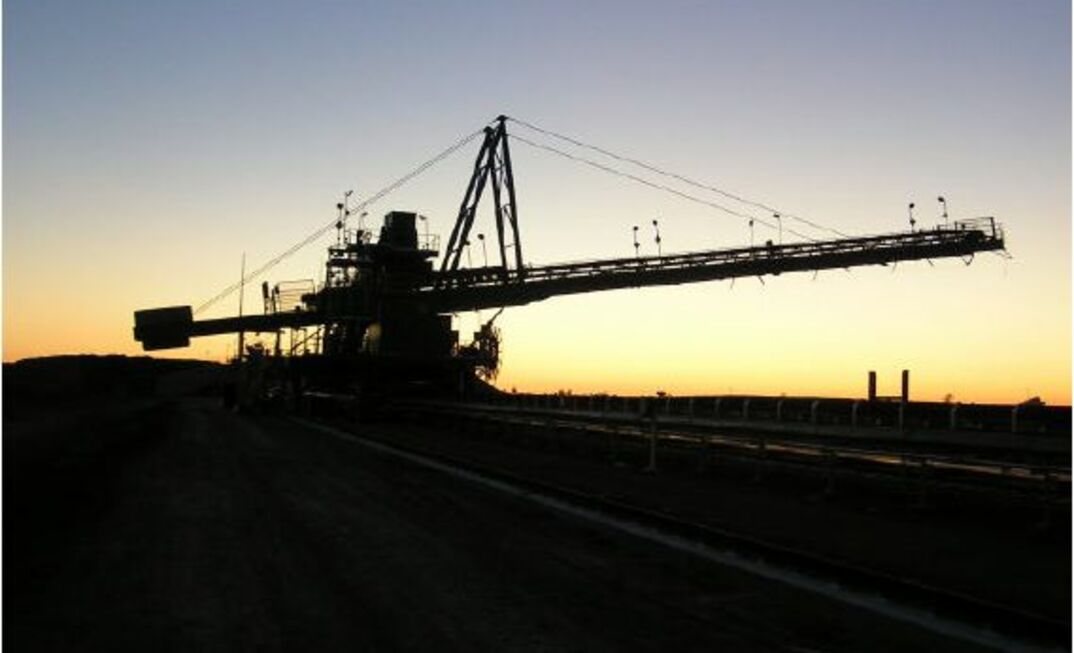Having a network of rural support staff is key to the success of Field Solutions Group, its chief executive officer Andrew Roberts believes.
The 10 year old company specialises in remote infrastructure. It listed on the Australian Securities Exchange about seven years ago, mainly for capital access.
As Roberts puts it, "we're the company that builds infrastructure where others can't".
That approach has naturally steered it towards the mining industry, although agribusiness and government are also potential customers.
YOU MIGHT ALSO LIKE
Those customers are the ones that need high-speed internet services to do their business.
In major cities and towns that is not so much of an issue. Out in regional Australia, where the National Broadband Network does not reach, it becomes much harder.
Take one of FSG's most recent contract wins.
It was tapped to upgrade the accommodation village at Glencore's Rolleston coal mine.
The $2.6 million contract involves upgrading the camp to a state-of-the-art fibre backbone to deliver enhanced internet, Foxtel and free-to-air media services to more than 350 accommodation blocks.
It uses Cambium Network's XGS-PON technology to bring better bandwidth, enhanced security and extensive coverage to Rolleston workers.
Just having access to technology is only part of the battle though.
Roberts said having technological support on the ground in the region was a major help to FSG when it came to winning the work.
"There are about 140 of us now and they are predominantly in rural areas," he said.
"We provide 24-7 support to a lot of our mining customers."
With the Rolleston village work, FSG linked the fibre network it ran through the village to fibre installed under the National Broadband Scheme.
Communication links
The NBS was set up to provide funding to ensure essential broadband services were provided to remote areas.
This is one way mining companies can ensure they have access to high-speed internet.
While FSG is chasing mining customers across Australia, Roberts said the company had been focusing on the east coast and predominantly Emerald.
"We've been around Emerald for close to 10 years," he said.
"It's been a bit of a success base for us."
While FSG is targeting more mining work, Roberts is realistic about its chances, pointing out that such contracts only came up rarely.
The incumbent is usually in the box seat.
However, if there is a chance of getting in, say the incumbent has not been meeting the service level agreement, Roberts believes FSG has a service proposition its competitors cannot match – local support.
"We try to bring in more innovation and automation," he said.
Keeping it local
"But our point of difference is having local staff."
Getting local staff can be challenging, however, Roberts said the company was prepared to develop people.
During the first half of 2023-24, FSG completed its inaugural project with its mobile network operator partner Optus to establish a domestic roaming site in southern Queensland. That project was executed in collaboration with the federal government under the Mobile Black Spot Program Round 5a. It is set to be unveiled in the September quarter.
While mining is a major business sector FSG is chasing, government and agriculture are also growing too.
"Our focus on high-margin, sector-specific solutions, particularly in the mining, resources and rural and remote segments continues to generate a robust sales pipeline," Roberts said, speaking to the company's first half results.
"While sales were slower than expected, predominantly due to extended negotiation times, we remain poised to unveil a series of significant enterprise client and government partnerships in the latter half of the year."
One of those was a $1.3 million contract to provide internet protocol transit services to Tasmania Digital Strategy and Services.
It is FSG's first award under its standing offer agreement with Network Tasmania.
























